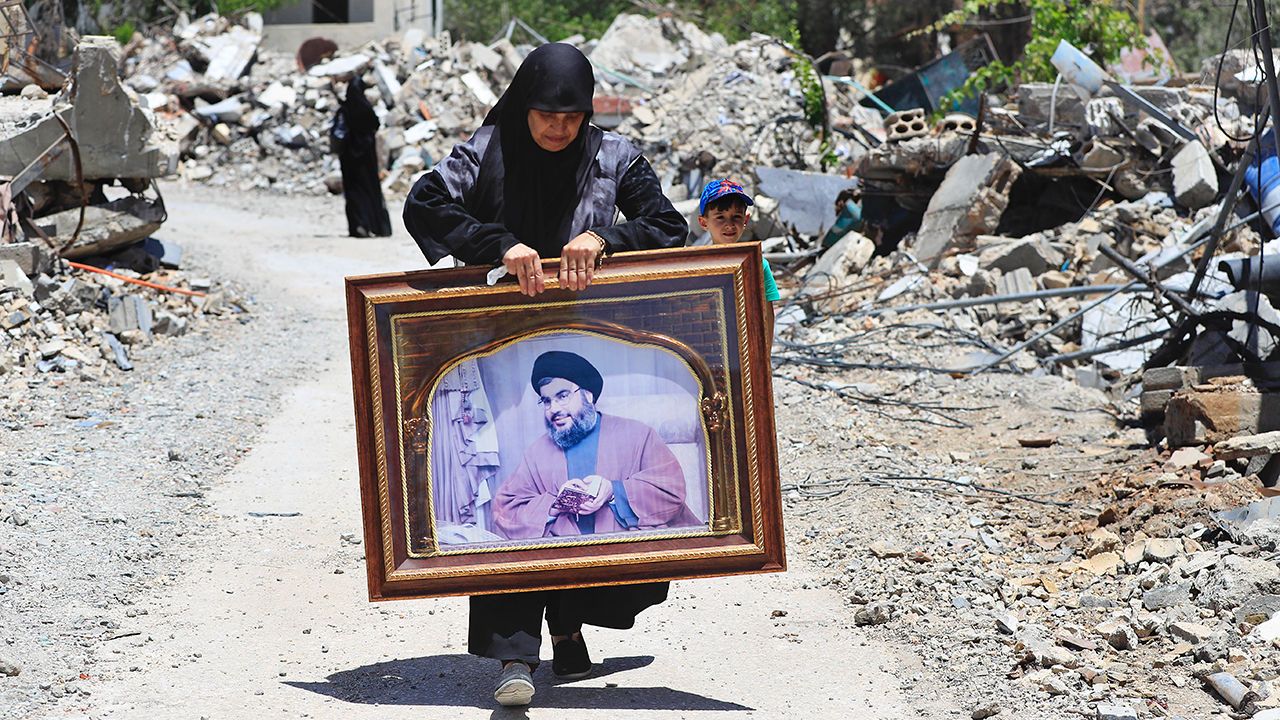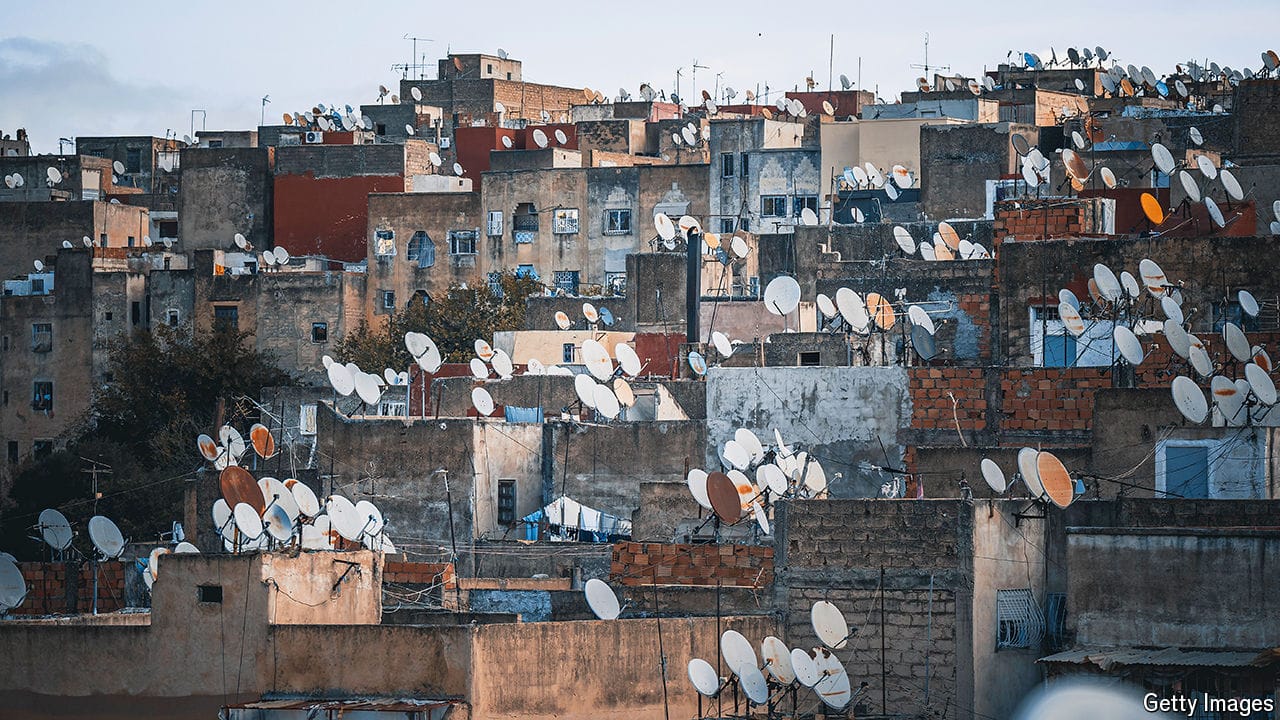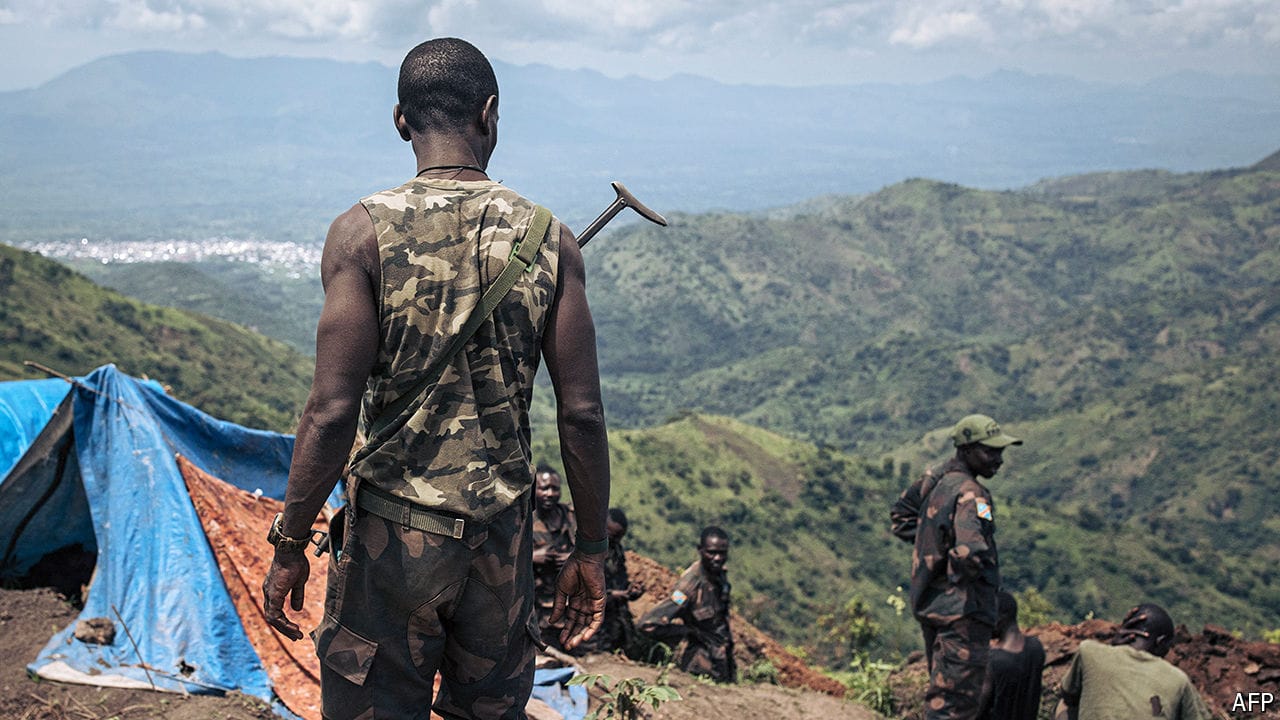The next terrifying war: Israel v Hizbullah
It would feature kamikaze drones, mass blackouts and the largest missile barrage in history

A war is looming in Lebanon. For months Israel and Hizbullah, an Iranian-armed Shia militia, have traded drones, rockets and missiles (see charts). Northern Israel has been blasted and depopulated: 70,000 people have been displaced. More have left southern Lebanon. On July 3rd Israel killed a senior Hizbullah commander; the group responded with a heavy rocket barrage. Several countries, including America, are telling their citizens to leave Lebanon. Israel’s leaders talk of war as though it is inevitable. It would be the most intense conflict in the region in decades—a calamity for Israel and a disaster for Lebanon.
There are still ways out. American and European diplomats continue to shuttle between Israel and Lebanon, hoping, with less and less optimism, to get Hizbullah to withdraw 7-10km away from the border. On July 2nd the group said it would stop firing if there was a truce in Gaza. Even then, the result would be a tenuous peace, with the threat of cross-border raids by Hizbullah dissuading many Israelis from returning.
Explore more
This article appeared in the Middle East & Africa section of the print edition under the headline “Dangerous sparks”
More from Middle East and Africa

Israeli retaliation in Lebanon seems inevitable
But it still wants to avoid all-out war against Hizbullah

Why the AI revolution is leaving Africa behind
Large infrastructure gaps are creating a new digital divide

Rwandan soldiers may outnumber M23 rebels in Congo
The prospect of dislodging the rebels is becoming dimmer
Bibi Netanyahu offered spectacle over substance in America
His fourth address to Congress was historic, but held few answers for Israelis
Israel and the Houthis trade bombs and bluster
For now, though, neither side is a strategic threat to the other
The world court says Israel’s occupation is illegal
But will the International Court of Justice’s ruling have any effect?
